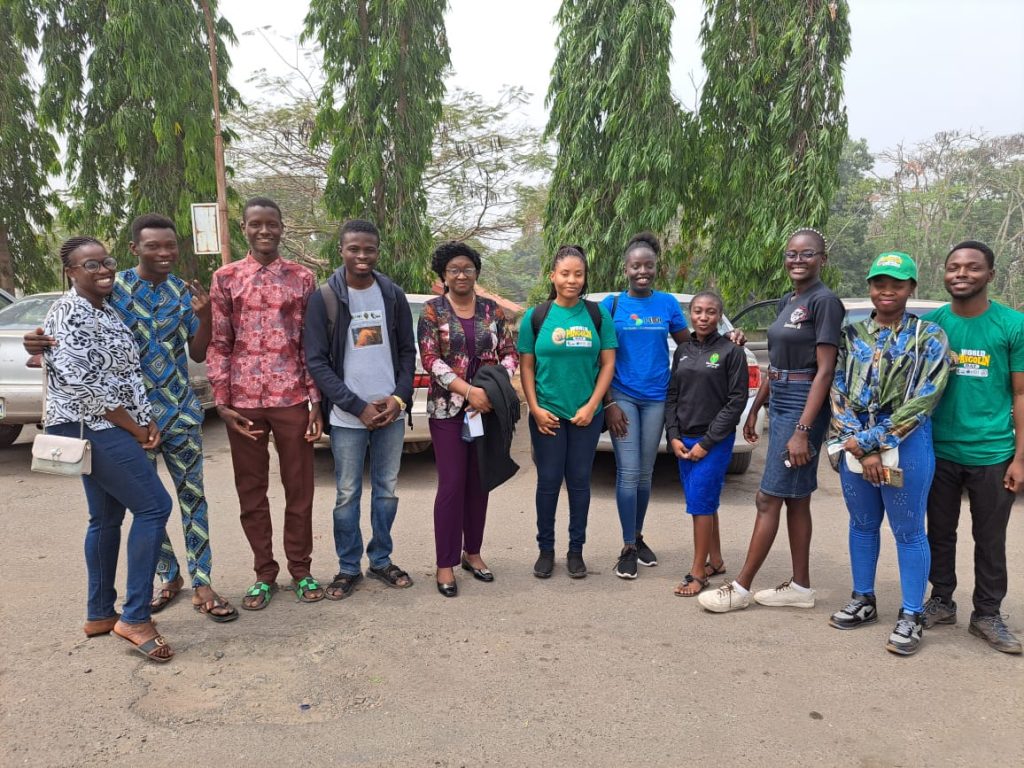
We have devoted a substantial amount of energy and resources to accord pangolins a life free from fear of being poached. That effort has come with an added commitment to enabling pangolins to thrive in their naturally habitable zones – the forest areas.
We invest so much in pangolins because they are on the verge of extinction. The population of pangolins has dramatically decreased in our times. The International Union for Conservation of Nature labels Pangolins a Critically Endangered species.
A number of factors have led to a massive decline in pangolin populations. Factors such as the destruction of pangolin habitats, poaching, among others are much responsible for such decline.
As a matter of fact, pangolins are reportedly the most trafficked mammals globally, with about 195,000 pangolins reported to have been trafficked in 2019. This projects the level of protection generations of pangolins will need today. If we do not act, what awaits these creatures?
Concerned about the health of animals, the environment, and that of humans, we place equal regard to the well-being of all those elements for optimal health outcomes in all such aspects. So, advocating for pangolins gave us a bargain on improving the well-being of animals, the role they play in the ecosystem, and the ultimate benefit that extends to humans.
While marking World Pangolin Day of 2023, we had a sticker rally aimed at raising awareness on the conservation of pangolins in Nigeria. The rally happened on 17th February 2023 at the main gate and the parking lot of the University of Ibadan, Oyo State.
The team with which we worked included some members of our staff and a few volunteers. We pasted stickers with information on pangolin conservation and also made impromptu engagements with motorists in the parking lot, and those that were nearby.
The custodians of the parking lot much seconded our activity. Most people, more so those who were green on pangolins, and those who were aware of the myths around pangolins were eager to know more about the conservation of pangolins and the pressures that pangolins face.
Coupled with other pangolin conservation efforts that we conducted in our communities, like the facilitation and training of the Community Pangolin Conservation Task Force in Epe (which included other government parastatals’ representatives), the fate of pangolin extinction in Nigeria beams of hope of it not happening, far from our times. We reaffirm our commitment to protecting pangolins and will continue to spread awareness on pangolins.





